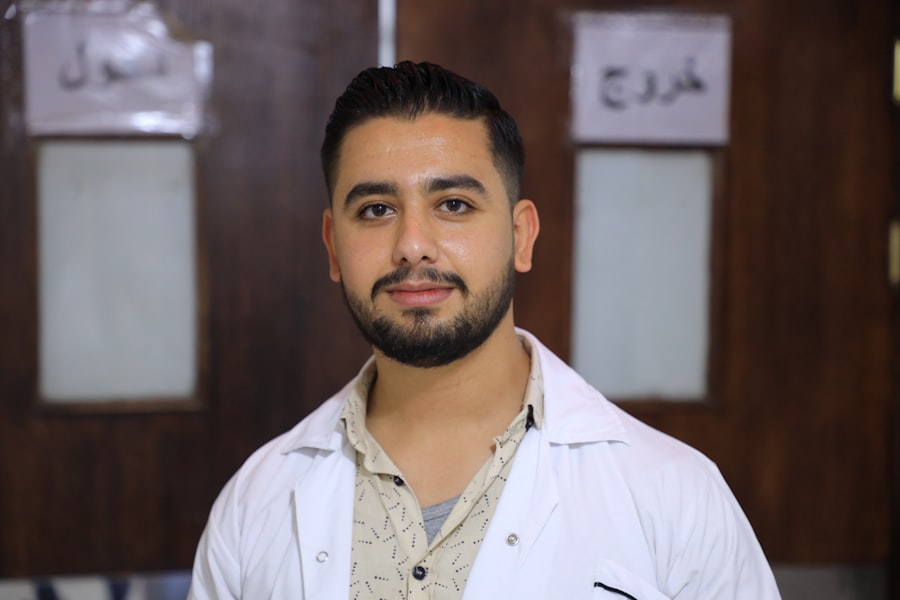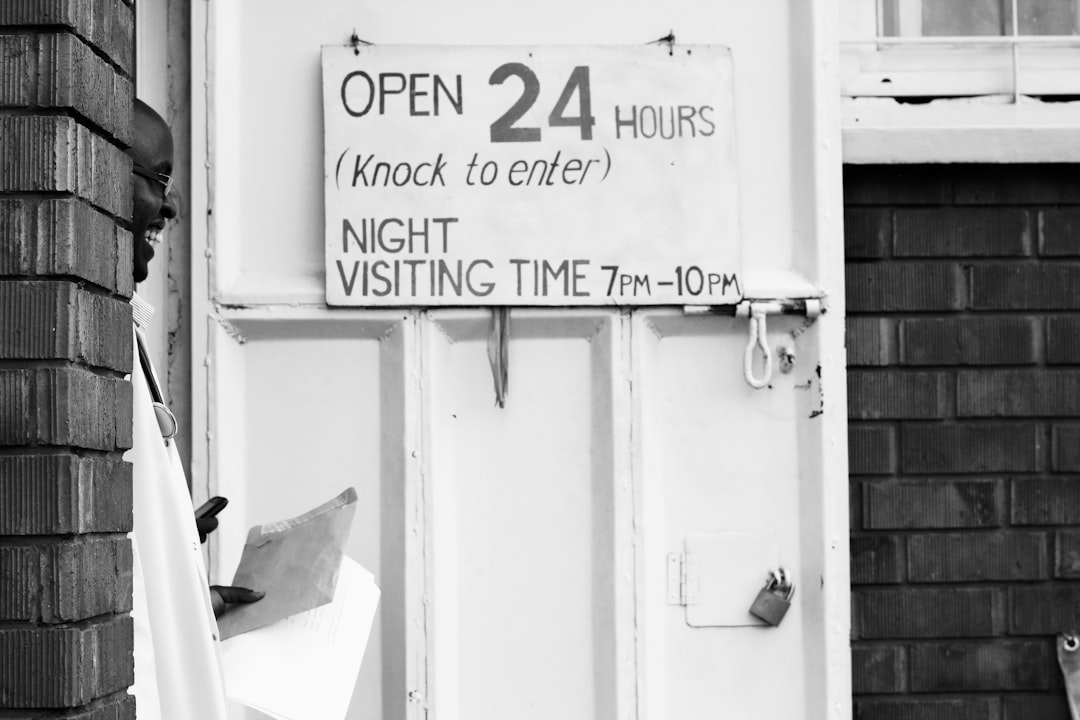The Norwegian healthcare system is renowned for its comprehensive and equitable approach to health services, ensuring that all residents have access to necessary medical care. At its core, the system is primarily publicly funded, which means that the government plays a significant role in financing and providing healthcare services. This model is designed to promote health equity, allowing individuals from various socio-economic backgrounds to receive the same level of care without the burden of exorbitant costs.
The system is built on the principles of universal coverage, meaning that all citizens and legal residents are entitled to healthcare services, regardless of their financial situation. In Norway, healthcare is largely decentralised, with services administered at both national and local levels. The Ministry of Health and Care Services oversees the overall framework, while regional health authorities manage hospitals and specialist services.
Primary care is typically provided by general practitioners (GPs), who serve as the first point of contact for patients. This structure not only facilitates access to healthcare but also ensures that services are tailored to meet the specific needs of local populations. Understanding these foundational elements is crucial for newcomers who wish to navigate the Norwegian healthcare landscape effectively. Book your 1-hour strategy session with Norway Relocation Group.
Summary
- The Norwegian healthcare system is based on the principles of universal access, decentralization, and public funding.
- Newcomers to Norway can access healthcare services by registering with a general practitioner (GP) and obtaining a European Health Insurance Card (EHIC) or private health insurance.
- The Norwegian government plays a key role in healthcare provision, overseeing the regulation, financing, and quality of services.
- Healthcare in Norway is primarily funded through taxation, with residents required to contribute to the National Insurance Scheme.
- Primary care services are provided by GPs, while specialist services are accessed through referrals from GPs or emergency departments.
Accessing Healthcare Services in Norway: A Guide for Newcomers
For newcomers to Norway, accessing healthcare services can initially seem daunting. However, the process is designed to be straightforward, ensuring that everyone can receive the care they need. Upon arrival, it is essential to register with the National Population Register, which will grant you a personal identification number (personnummer).
This number is vital for accessing healthcare services, as it links you to the public health system. Once registered, you can choose a general practitioner (GP) from a list of available doctors in your municipality. It is advisable to select a GP who speaks your language or one who has experience working with international patients to ease communication.
Once you have established a relationship with your GP, you can access a range of services, including consultations, referrals to specialists, and preventive care. It is important to note that while most healthcare services are free at the point of use, there may be some out-of-pocket expenses for certain treatments or medications. Newcomers should familiarise themselves with these potential costs and understand how to navigate the appointment system, which often requires booking in advance.
Additionally, many municipalities offer health information resources in multiple languages, making it easier for newcomers to understand their rights and responsibilities within the healthcare system.
The Role of the Norwegian Government in Healthcare Provision

The Norwegian government plays a pivotal role in the provision of healthcare services, ensuring that they are accessible, high-quality, and equitable. The Ministry of Health and Care Services is responsible for formulating policies and regulations that govern the healthcare system. This includes overseeing funding allocations, setting national health priorities, and ensuring compliance with health standards across various services.
The government’s commitment to public health is evident in its investment in preventive care initiatives, which aim to reduce the incidence of chronic diseases and promote healthier lifestyles among citizens. Moreover, the government collaborates with regional health authorities and municipalities to implement healthcare policies effectively. This partnership allows for a more tailored approach to health service delivery, addressing local needs while adhering to national standards.
The government also plays a crucial role in training healthcare professionals and ensuring that they are equipped with the necessary skills to provide high-quality care. By prioritising education and continuous professional development, Norway maintains a robust healthcare workforce capable of meeting the evolving demands of its population.
Financing and Insurance in the Norwegian Healthcare System
Financing in the Norwegian healthcare system is primarily derived from taxation, which allows for a publicly funded model that minimises out-of-pocket expenses for patients. Citizens contribute to this system through income taxes and other levies, which are then allocated to fund healthcare services across the country. This model not only ensures that everyone has access to necessary medical care but also promotes a sense of collective responsibility for public health.
The government’s commitment to universal coverage means that no one is denied care based on their financial situation. In addition to public funding, there are also private health insurance options available for those who wish to supplement their coverage or access private healthcare services more quickly. While private insurance can provide additional benefits such as shorter waiting times for specialist appointments or elective procedures, it is important to note that the majority of essential healthcare services are covered by the public system.
Newcomers should carefully consider their options and assess whether private insurance is necessary based on their individual circumstances and health needs.
Primary Care and Specialist Services in Norway
Primary care serves as the cornerstone of the Norwegian healthcare system, providing patients with accessible and comprehensive medical services. General practitioners (GPs) play a crucial role in this aspect of care, acting as gatekeepers who assess patients’ health needs and coordinate further treatment if necessary. Patients typically visit their GP for routine check-ups, vaccinations, and management of chronic conditions.
The emphasis on primary care not only helps in early detection of health issues but also fosters long-term relationships between patients and their doctors. When specialised care is required, GPs refer patients to specialists within the public healthcare system. This referral process ensures that patients receive appropriate care tailored to their specific medical needs.
Specialist services encompass a wide range of fields, including cardiology, orthopaedics, and dermatology, among others. While waiting times for specialist appointments can vary depending on demand and urgency, the government continually works to improve access to these services through various initiatives aimed at reducing bottlenecks in care delivery.
Mental Health Support and Services in Norway

Mental health support is an integral component of the Norwegian healthcare system, reflecting a growing recognition of the importance of mental well-being alongside physical health. The government has implemented various policies aimed at improving access to mental health services and reducing stigma associated with mental illness. Primary care providers play a key role in identifying mental health issues early on and facilitating referrals to specialised mental health services when necessary.
In addition to traditional therapy and counselling options, Norway offers a range of support services tailored to different demographics, including children, adolescents, and adults facing mental health challenges. Community-based initiatives also play a significant role in promoting mental well-being by providing resources such as support groups and educational programmes. Newcomers should be aware that mental health services are available through both public and private channels, allowing individuals to choose an approach that best suits their needs.
Maternity and Child Health Services in Norway
Maternity and child health services in Norway are designed to provide comprehensive support for families throughout pregnancy and early childhood. The government places a strong emphasis on maternal health, offering regular check-ups during pregnancy as well as postnatal care for mothers and newborns. Expectant mothers are encouraged to attend antenatal classes that cover essential topics such as childbirth preparation and infant care.
These classes not only equip parents with valuable knowledge but also foster connections with other families in similar situations. Child health services continue beyond birth, with regular check-ups scheduled during infancy and early childhood to monitor growth and development. Vaccination programmes are also an integral part of child health services, ensuring that children receive necessary immunisations against common diseases.
The holistic approach taken by Norway’s maternity and child health services reflects a commitment to supporting families during critical stages of life while promoting healthy development from an early age.
Prescription Medication and Pharmacies in Norway
In Norway, prescription medication is regulated by strict guidelines to ensure safety and efficacy for patients. When prescribed medication by a GP or specialist, patients can obtain their prescriptions at pharmacies located throughout the country. Pharmacies play an essential role in the healthcare system by providing not only medications but also advice on proper usage and potential side effects.
Many pharmacists are trained professionals who can offer guidance on over-the-counter products as well. It is important for newcomers to understand that while many medications are subsidised by the government, there may still be some costs associated with prescriptions depending on individual circumstances. Patients should keep track of their medication expenses as there are annual caps on out-of-pocket costs that can lead to further subsidies once exceeded.
Familiarising oneself with local pharmacies and their operating hours can greatly enhance access to necessary medications.
Emergency and Urgent Care in Norway
In cases of medical emergencies or urgent health issues, Norway has established a robust emergency care system designed to respond swiftly and effectively. The emergency number 113 should be dialled for immediate assistance in life-threatening situations or severe injuries requiring urgent medical attention. Emergency departments are available at hospitals across the country, staffed by trained professionals ready to provide critical care when needed.
For non-life-threatening conditions that require prompt attention but do not warrant a visit to an emergency department, urgent care clinics are available in many municipalities. These clinics offer extended hours and can address various medical concerns such as minor injuries or illnesses without requiring an appointment. Newcomers should familiarise themselves with local emergency resources and understand when it is appropriate to seek urgent care versus emergency assistance.
Dental Care and Services in Norway
Dental care in Norway operates under a different framework compared to general healthcare services. While basic dental treatment for children under 18 years old is covered by the public system, adults typically bear the costs associated with dental care themselves. This includes routine check-ups, cleanings, fillings, and other dental procedures.
As such, it is advisable for newcomers to budget for dental expenses as part of their overall healthcare planning. Private dental clinics are widely available throughout Norway, offering a range of services from preventive care to more complex treatments such as orthodontics or oral surgery. Many dentists provide information about payment plans or financing options for more extensive procedures, making dental care more accessible for those who may be concerned about costs.
Establishing regular dental check-ups is essential for maintaining oral health and preventing potential issues down the line.
Navigating the Norwegian Healthcare System: Tips for Newcomers
Navigating the Norwegian healthcare system can be an overwhelming experience for newcomers; however, there are several strategies that can facilitate this process. Firstly, it is crucial to familiarise oneself with local resources such as community health centres or municipal websites that provide information about available services in your area. Many municipalities offer multilingual support or resources specifically designed for newcomers, making it easier to understand your rights within the system.
Additionally, building a rapport with your general practitioner (GP) can significantly enhance your experience within the healthcare system. Establishing open communication with your GP allows you to discuss any concerns or questions you may have regarding your health or treatment options. Furthermore, being proactive about scheduling regular check-ups or screenings can help ensure that you remain informed about your health status.
Lastly, learning some basic Norwegian phrases related to healthcare can be immensely beneficial when seeking assistance or navigating appointments. For those interested in improving their language skills further, enrolling in Norwegian courses at the NLS Norwegian Language School can provide invaluable support in mastering the language while also gaining insights into cultural nuances related to healthcare interactions. These courses cater specifically to newcomers looking to integrate into Norwegian society more effectively while enhancing their communication skills within various contexts.
In conclusion, understanding how to navigate the Norwegian healthcare system is essential for newcomers seeking quality medical care in Norway. By familiarising themselves with key aspects such as accessing services, financing options, mental health support, maternity care, prescription medication processes, emergency resources, dental care provisions—and taking advantage of language courses offered at institutions like NLS—newcomers can ensure they receive comprehensive support tailored to their individual needs within this robust public healthcare framework.
Speak Norwegian with confidence. Enroll in a class at the NLS Norwegian Language School now.

